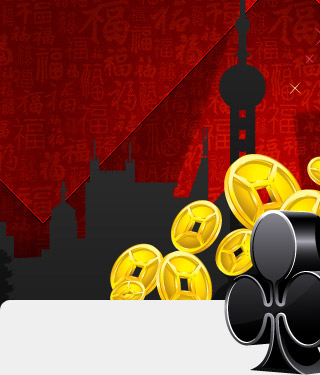Chinese Casino Games
Gambling may be outlawed in China, but this does not stop the Chinese from loving casino games.
In fact, casino gaming is Macau's biggest revenue source - making up about 50% of the economy. Macau's casino gamers are largely from the Chinese mainland and Hong Kong.
As early as 2007, with the entry of large foreign casinos from Las Vegas and Australia, Macau overtook the Las Vegas Strip in gaming revenues. By 2013, the 35 casinos operating in Macau exceeded US$13 billion in gaming revenues.
And as the number of Chinese casino players continues to rise, countries like the Philippines and Singapore have opened their doors to attract Chinese casino bankroll.
At the heart of Chinese casino gaming are classic games like:
Fan Tan - also spelled as Fan-Tan, Fan T'an or Fantan. It literally means "repeated divisions" and is similar to roulette.
Sic Bo - means "dice pair". Uses three dice and the ubiquitous cage shaker.
Pai Gow - means "make nine" or "card nine". Players arrange four domino tiles into two hands - two domino tiles on each hand to beat each of the dealer's corresponding hand.
Mahjong - means "hemp general". To win, a player must be able to call "Mahjiang" and get the highest score by building complete tile sets.
Boc Hop Bu - originally known as "Pak Kop Piu" or "white pigeon tickets". Said to be the predecessor of the popular casino game Keno or today's lottery.
New Favorite Chinese Casino Games
As the popularity of Casino gaming continues to grow with Chinese players, exciting Las Vegas-style games have become trendy.
Baccarat - the object of Baccarat is to hold 2 or 3 cards, which count 9, or as nearly 9 as possible. The values of the cards are: face cards and tens are 0; aces are 1; any other card is worth its face value.
Slots – also known as the one-armed bandit. The object of these mechanical games of chance is to match the winning combination of symbols displayed in the payout schedule on the front.
Poker - is a popular family of card games involving betting and individual play. The winner is determined by the ranks and combinations of his cards, some of which remain hidden until the end of the game.



